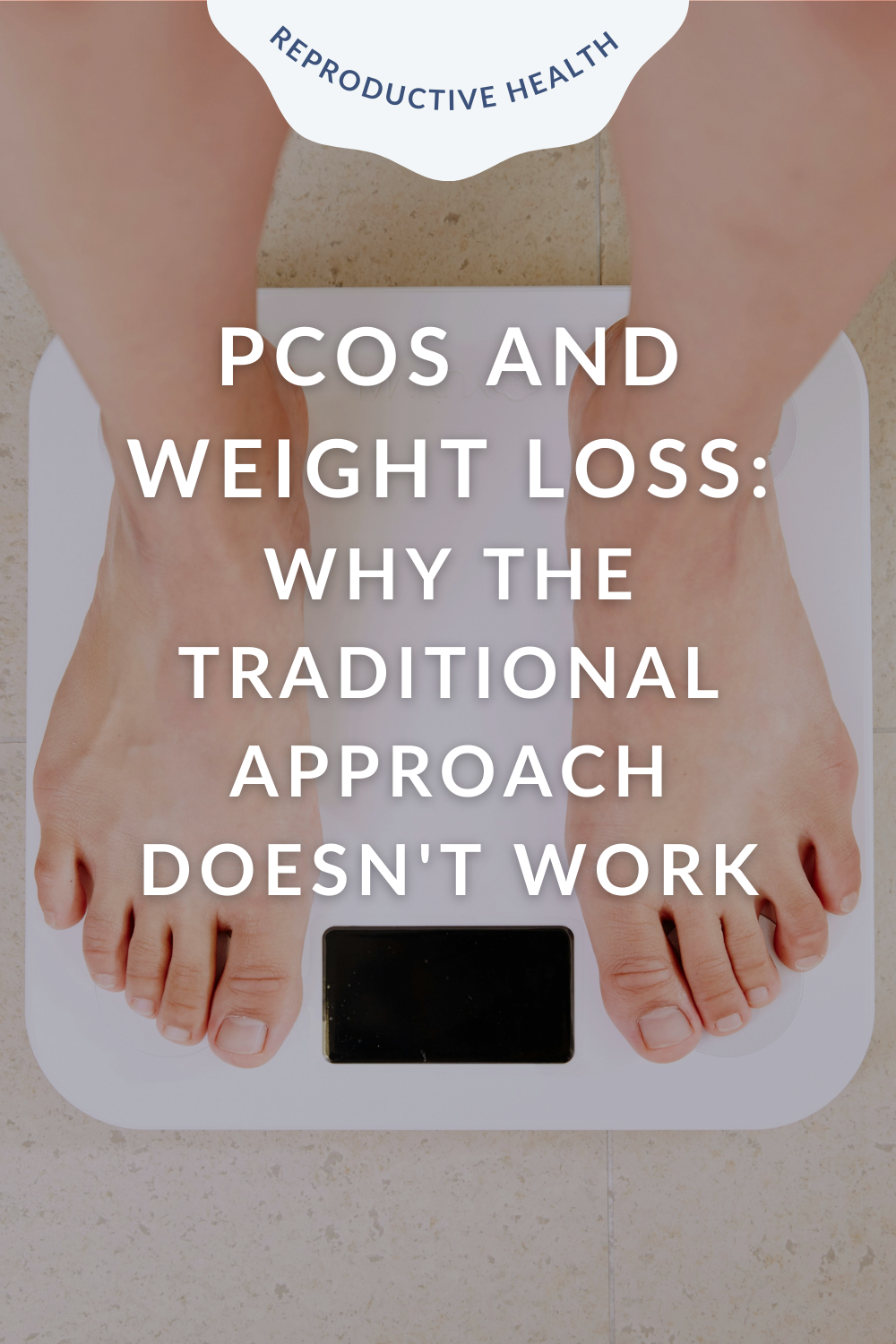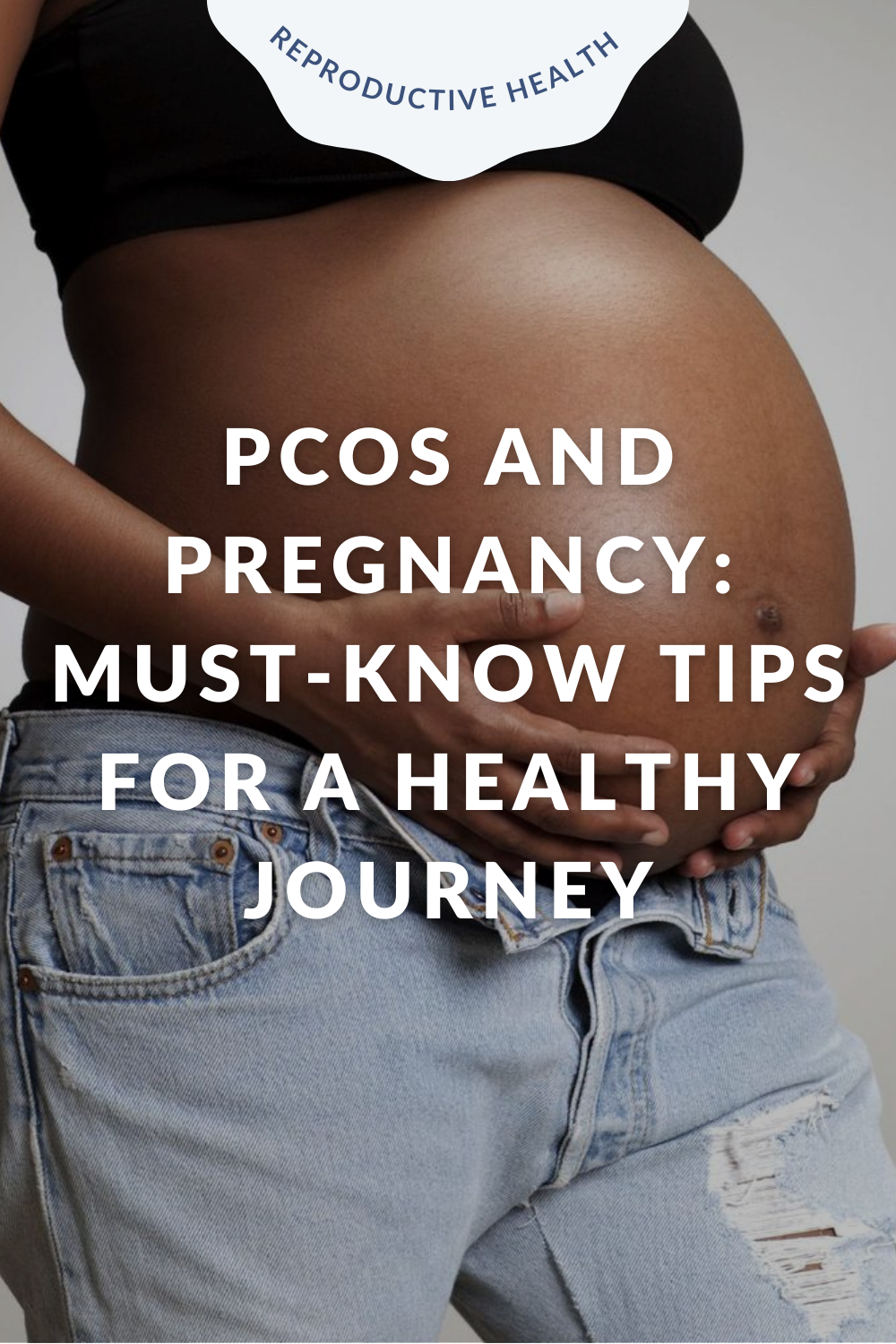Has COVID Changed the Way We Think about Food?
Note: Originally published on Telus Health Care Centres Blog.
There’s no doubt that COVID-19 has changed the way we think, prepare and eat food. In 2020, our daily lifestyles were majorly interrupted, forcing us to re-examine every facet of how we live.
The irony of starting a new decade with a forced awakening! The United Nations has called the 2020’s the “Decade of Action”, emphasizing the need to act now for a better tomorrow. This is mirrored through Dietitians of Canada’s “Ingredients for a Healthier Tomorrow” Nutrition Month 2022 theme. Dietitians explore the actions you can take to improve not just your own health, but for the future, as well. During the past two years, many people have committed to improving themselves and the world around them.
Back to Basics: Home Cooking and Connections
Remember the sourdough bread craze in the beginning of the pandemic? We flocked to grocery stores, clearing pantries of flour to make this homemade staple. In fact, flour sales spiked 25%, prompting suppliers to re-jig their supply chain operations.
It may seem like a fever dream, but this food trend was a mere indication for what was to come. Over the past two years, we’ve seen “back to basics” values resurface. The return of home cooking, family meals and slower living, only serve to emphasize what we hold dear during turbulent times: simple, meaningful connections with loved ones.
Perhaps we’re all trying to find some stability through uncomplicated living. Many people are using this as an opportunity for personal growth - adopting a “control what we can” and optimistic attitude.
Food-wise, there’s been a focus on staples foods like grains and dairy, commitment to more meal planning and minimizing food waste. There’s no signs of the home cooking craze slowing down - according to Canada’s Food Price Report, food costs are expected to increase by $966 for a family of four. Looking forward, people in Canada will likely continue to increase commitment to home cooking, taking into account financial benefits.
It doesn’t stop there - research indicates that home cooking is associated with increased dietary quality. Plus, family meals may contribute to the social and emotional wellbeing of its members.
Looking for more at-home cooking inspiration?
Check out my meal plans for delicious and nutritious recipes.
Beyond Physical Health: Focusing on Mental Wellbeing
Food is loaded with meaning - beyond the physical. We know that food ties heavily into our culture, identity and life satisfaction. You may have been reaching for more food as comfort, and that’s okay.
According to Tetra Pak’s Index 2021 Report, 31% of 500 survey respondents are doing the same - they report turning to food as a simple reward without guilt during the pandemic. The message is loud and clear: Canadians are using this time to be kinder on themselves. Focusing on mental health, enjoying all foods, and reframing food as a comforting ritual. There’s an element of self-care and self-reward.
Many people may feel guilty about this, but to be frank, emotional eating gets an unfair rap. It’s not inherently problematic and doesn’t indicate your moral worth. However, it can become problematic if it’s your only coping strategy for stress. A study of 365 people found that emotional eating during lockdown was predicted by depression and anxiety. The act of eating is nourishment and shouldn’t be framed negatively, however, it’s likely not a good long-term tool to soothe very real mental health challenges.
Our best advice? Continue to remove judgement from foods (yes, it’s okay to eat that chocolate and no, you’re not a bad person), practice mindful eating and notice the satisfaction factor. Eat slowly and savour food, notice the taste, texture, flavour, environment and more. This will make the food much more satisfying, and also help you pinpoint when that satisfaction diminishes - what we call, the “satisfaction threshold”. At that point, it may be time to ask, “How is this food still serving me? Am I still deriving physical and emotional benefits? If not, is it time to stop?”
Caring for the Planet and its People
The United Nations’ “Decade of Action” calls for “accelerating solutions to the world’s biggest challenges - ranging from poverty and gender to climate change, inequality and closing the finance gap”.
COVID-19 only served to exacerbate the pre-existing environmental, socioeconomic and health inequities in society. By experiencing and witnessing these heightened inequities, many have committed themselves to caring more for the planet and its people.
Food insecurity is on the rise, with food bank usage increasing by 20% during the pandemic. This is preceded by data showing 4.4 million people were living in food-insecure households in 2018, prior to COVID.
On an individual level, people are using their plates as a tool for change. Thirty five percent of respondents in Tetra Pak’s Index 2021 survey say they’re choosing more food brands based on their sustainability credentials, compared to pre-pandemic. Added to this is the increase in meal planning to limit food waste (55%) and increase in effort towards recycling (46%).
Beyond individual consumption habits is the urgent issue of policy change. Access to safe, nutritious foods that minimizes contribution towards climate change should be considered. Click here to learn more about the global food system.
Personalized Gut Health and Immune System Boosters
Beyond caring for the planet, many have used this time to personalize their eating habits to support their unique body’s needs.
In the beginning of COVID, we saw a surge in “immune boosters” - zinc supplements, vitamin D, herbal supplements. People are taking a proactive, personalized and preventative approach to their health care.
We have good news and bad news. The good news is that the immune system can be supported through nutrition, the bad news is that there’s no singular product that can “super charge” it. Yes, zinc and vitamin D are important to maintain immune health, but so are protein, vitamin A, vitamin E, folate, B vitamins…the list goes on. Think of our immune system like an orchestra - it’s composed of numerous players (bodily systems), each one playing a unique and important role. There’s no singular super-musician or super-nutrient that can make the orchestra better. It’s more than the sum of its parts.
The takeaway? Eat a wide variety of foods, like legumes, whole grains, fruits, vegetables, nuts, seeds, dairy and lean proteins. This is the best way to ensure you’re receiving the wide array of nutrients required to support your immune health.
Looking forward
Nutrition and food trends are fluid. They change in response to the world around us, yet are often a key driver in societal shifts as well. How you eat every single day has the power to change the world around us.
Next time you enjoy a creamy curry, slurp down warming noodles or decompress with a hot cocoa, take a pause and think of how your eating habits contribute to the larger world! There’s no right or wrong here, rather, curiosity about our eating habits is a wonderful way to reflect and think about the planet and people around us.
Hi! I’m Trista
A Registered Dietitian and reproductive health expert. I’m here to help you gain confidence to overcome your Polycystic Ovary Syndrome and digestive health woes, while bettering your relationship with food.













